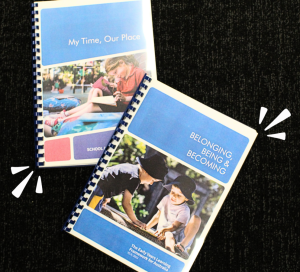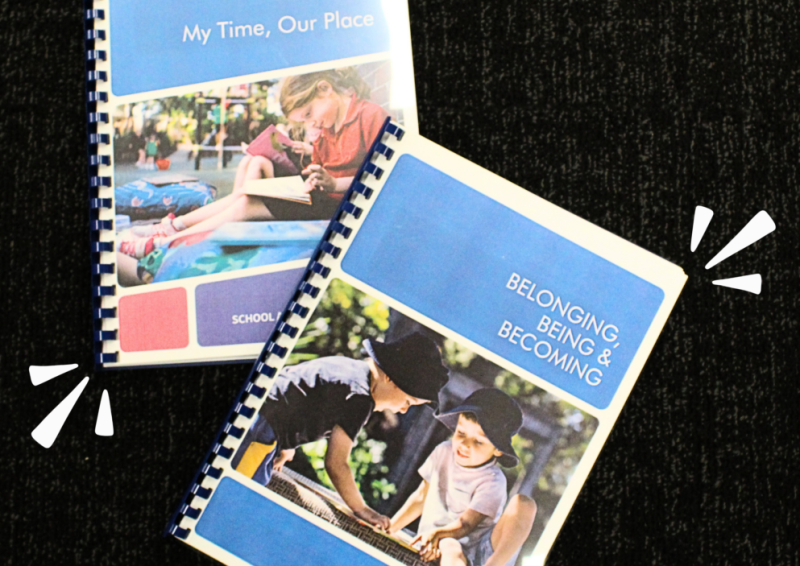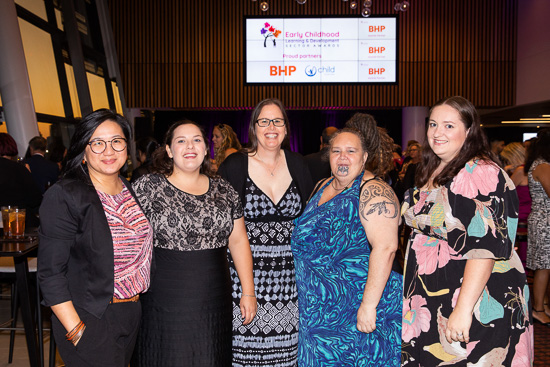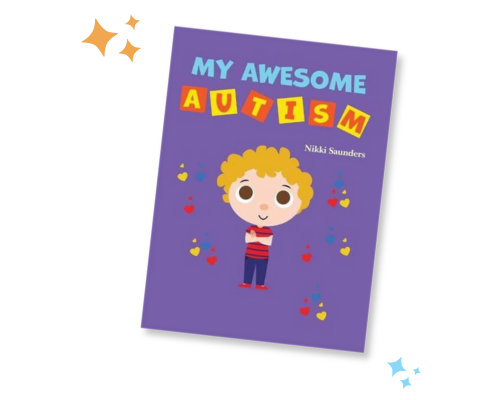World Day of Social Justice, observed on the 22nd of February, serves as a timely reminder for educators to reflect on their role in promoting fairness, equity and inclusivity. Early Childhood Education services and Outside School Hours Care play a crucial role in shaping young minds and instilling values that can contribute to a more just and equitable society.
In this blog post, we’ll explore how educators can support children in understanding and learning about social justice, with a focus on linking these efforts to the Early Years Learning Framework and the Framework for School Age Care.
Understanding Social Justice in Early Childhood Education
Before delving into strategies, it’s important to grasp the concept of social justice in the context of Early Childhood Education.
Social justice involves recognising and addressing inequalities and advocating for fairness and inclusivity. It encompasses themes such as diversity, equity and human rights, which are fundamental to creating a just society.
Incorporating Social Justice into the Early Years Learning Framework
The EYLF, centered around the principles of Belonging, Being and Becoming, provides a solid foundation for integrating social justice education into early childhood settings.
- Belonging: Foster a sense of belonging by creating an inclusive environment that celebrates diversity. Introduce children to different cultures, traditions and family structures, helping them appreciate the uniqueness of each individual.
- Being: Encourage children to express their thoughts and feelings, promoting a sense of autonomy. Emphasise the importance of treating others with kindness and respect, laying the groundwork for empathy and understanding.
- Becoming: Support children in developing a strong sense of identity and purpose. Explore stories and activities that highlight social issues, helping children understand their role in creating positive change.
Social Justice in Outside School Hours Care
For school-aged children, the Framework for School Age Care, known as ‘My Time Our Place,’ extends the principles of the EYLF into the school-age years. Educators can leverage this framework to deepen the exploration of social justice themes.
- My Time: Provide opportunities for children to explore their interests and passions, guiding them towards activities that promote social justice. Encourage discussions on current events and issues, fostering critical thinking and awareness.
- Our Place: Cultivate a sense of community responsibility by involving children in projects that contribute to the broader community. This can include volunteer initiatives, community outreach programs, or collaborative projects that raise awareness about social justice topics.
Implementing Practical Strategies
- Inclusive Resources: Select books, toys, and learning materials that represent diverse backgrounds and experiences. This helps children see themselves reflected in their environment and fosters an understanding of the world’s rich tapestry.
- Community Engagement: Collaborate with families and the local community to organise events, workshops or guest speakers that shed light on social justice issues. This collaborative approach reinforces the idea that creating a just society is a collective effort.
- Role Modelling: Educators serve as powerful role models. Demonstrate inclusive and respectful behaviour, showcasing the values of social justice in action. This not only influences children directly but also inspires them to emulate these behaviours.
Educators in Early Childhood Education and Outside School Hours Care services play a pivotal role in shaping the next generation’s perspectives on social justice. By aligning their efforts with the principles of the Early Years Learning Framework and the Framework for School Age Care, educators can create an environment that fosters understanding, empathy and a commitment to social justice. As we commemorate World Social Justice Day, let us remember the profound impact that early education can have in building a fair and equitable future.
Professional Development Opportunities to support

- Unpacking the Early Years Learning Framework
Make the links between all of the components of the EYLF. - Unpacking My Time Our Place V2.0
Understand MTOP V2.0 practically as well as theoretically to enable authentic implementation of the framework.
- Unpacking the Early Years Learning Framework



